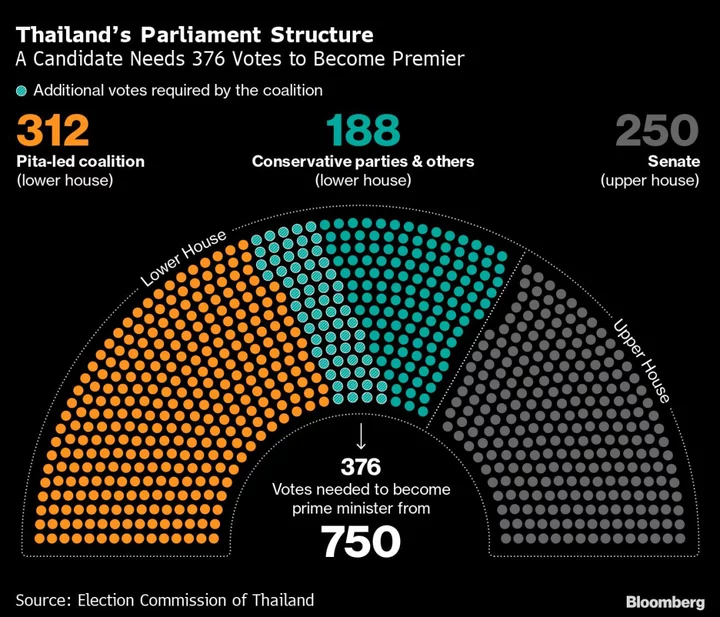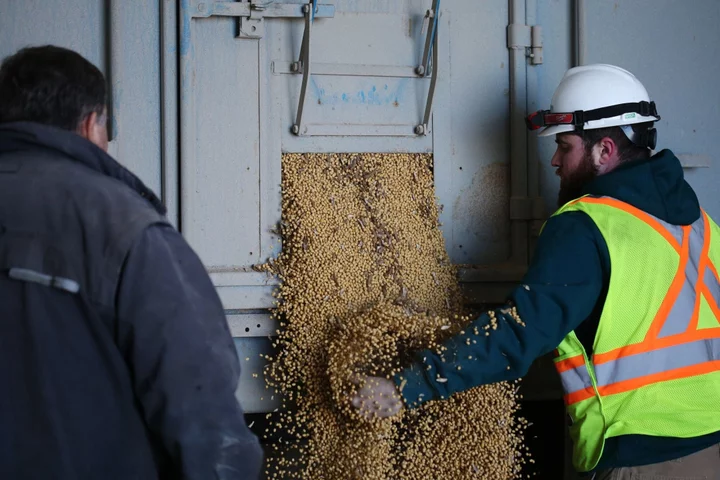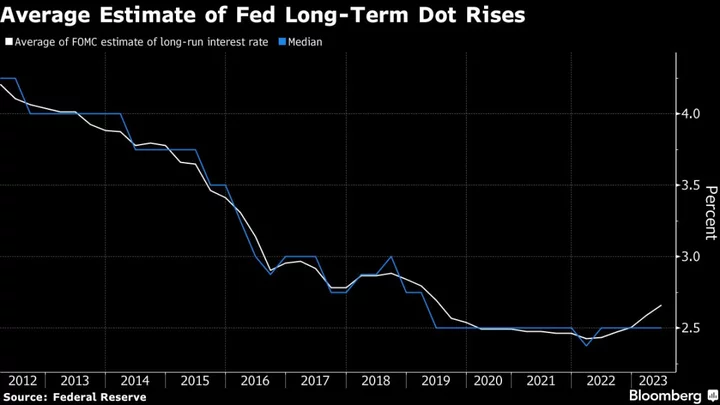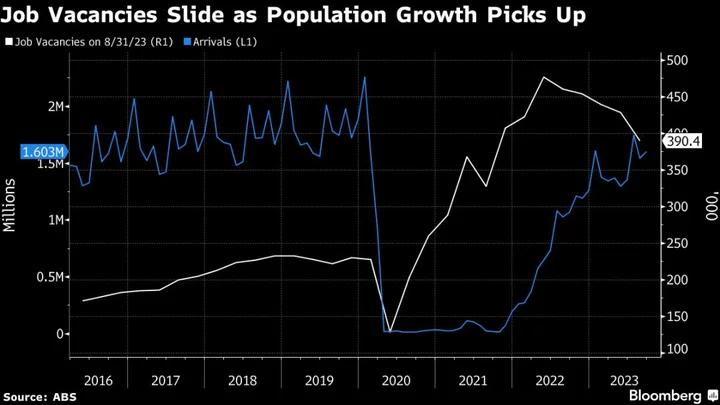Thailand’s parliament will meet on Thursday to select a new prime minister, with the path looking increasingly difficult for the lone candidate for the top job — Pita Limjaroenrat.
Recent developments show that the progressive politician’s path to become the next prime minister is fraught with challenges that go beyond winning over the 250-member military appointed senators in parliament.
Pita’s latest hurdle is the Election Commission’s request to the Constitutional Court Wednesday to decide whether he violated rules by holding stake in a media company when he sought to contest the election. It’s unclear whether the court will accept the case and if so, when it will deliver its ruling.
If found guilty by the court, Pita could be disqualified as a lawmaker, and risk his chance at premiership. A senator said the parliament’s plan to hold an election for prime minister on July 13 won’t be affected by the poll body’s decision.
“This reaffirms that the establishment is opposed to Pita,” said Peter Mumford, consultancy Eurasia Group’s Southeast Asia practice head. “He is unlikely to win the premiership vote, if he is allowed to contest.”
Pita cobbled together an alliance of eight parties that hold more than 60% of the 500 seats in the House of Representatives after the May 14 general election. He still needs the support of senators to reach the minimum 376 combined parliament votes to become prime minister.
“It’s clear that Thailand is in a state of political abnormality,” Pita said in a video published Tuesday, pleading with lawmakers to support the popular mandate. “The vote for prime minister isn’t about choosing Pita or Move Forward Party. It’s about reaffirming that Thailand must move forward in line with the democratic system.”
Protests are already brewing across the nation, with Pita’s supporters in provinces announcing plans to gather later on Wednesday. More than a dozen groups are also planning to hold a demonstration at the parliament house on Thursday to pressure senators to back Pita.
Here are some scenarios that could unfold this week:
Pita Becomes PM
If the pro-democracy alliance manages to win the support of at least 65 lawmakers from either the conservative parties or the establishment-aligned Senate, Pita will have the magic number — 376 votes — to become Thailand’s 30th prime minister and the youngest in nearly eight decades.
His main obstacle in parliament is the old guards’ opposition to Move Forward’s agenda to amend the lese majeste law, or Article 112 of the Thai criminal code, which penalizes criticism of the king and other royals.
If this scenario plays out, Pita will proceed to form his cabinet likely to be dominated by members of his Move Forward party and Pheu Thai, the party that placed second in the election and is linked to exiled former leader Thaksin Shinawatra. Then the new government should be in place by next month.
Pita Stumbles
This is the most likely scenario for many analysts.
The majority of the Senate is expected to either reject Pita’s candidacy outright or abstain from voting on July 13. The 188 members of the lower chamber outside of Pita’s coalition aren’t expected to side with him either.
Bhumjaithai, the party that placed third in the May election, has said it won’t endorse a candidate from a party that seeks to amend the lese majeste law.
The upside for the Move Forward leader is that under current rules, there’s no limit to the number of times the parliament can reconvene to elect a premier. There is also no deadline for when the choice has to be made.
If Pita fails to get at least 376 votes on Thursday, he’s expected to try again at the next session which is likely on July 19.
It remains to be seen how many times the alliance, particularly Pheu Thai, would let Pita submit himself to a parliament vote before demanding that it be given a chance to form the government.
Or Pheu Thai may explore breaking away from the coalition altogether and form a government with the conservative parties. Most analysts expect Pheu Thai to be the main variable in any potential coalition government.
In a report earlier this month, analysts at Nomura Holdings Inc. said the odds of Pheu Thai heading the government has increased to 60% from 55% while the chances of Move Forward has dropped to 30% from 35%.
Extended Impasse
An emerging scenario is that lawmakers may vote to postpone the prime minister selection to await more clarity on the legal challenges to Pita’s candidacy.
The risk that Pita may be disqualified gives his opponents the scope to delay voting on his nomination.
The adverse developments could rally his supporters and spark a wave of large demonstrations similar to what happened in 2020 when Future Forward — the forerunner of Move Forward — was disbanded and its leaders disqualified from public office.
Prospects of protests and further delays in government formation will further weigh on Thailand’s troubled stocks, bonds and currency markets.
(Updates with details of the election commission decision in second paragraph.)









